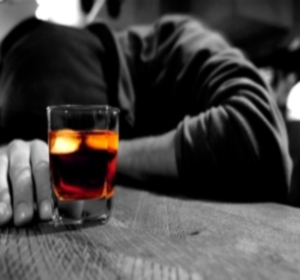Short Term Effects of Alcohol Abuse
Consuming alcohol is a common practice in many of the social cultures within the United States and around the world. Some studies have shown results that even claim that drinking certain kinds of alcohol and amounts can prevent heart disease and is good for your overall health. But for some individuals, it is not a good idea, or safe for them to drink alcohol.
- Individuals who under the legal drinking age (21 nationally)
- Those who plan to drive within several hours of drinking
- People taking certain prescriptions or over-the-counter medications
- Individuals with medical conditions that are negatively affected by drinking
- Recovering alcoholics
- Women who are pregnant
Abstaining from alcohol is a safe and responsible lifestyle choice for all. Even small amounts of alcohol increase an individual’s risks of developing serious health issues. Drinking more than two drinks in one sitting considerably increases the potential for negative health risks. Individuals who abuse alcohol typically experience a wide range of symptoms that affect their physical health, performance at work and other responsibilities, and can detrimentally impact social relationships they have.

Alcohol abuse and intoxication causes many issues even on the short-term.
Some effects of short term drinking are:
- Anxiety
- Accidents and injury
- Aches and pains
- Blackout or memory loss
- Decreased attention span
- Depressed mood
- Hangover
- Headaches
- Increased vulnerability to violence and unwanted sexual encounters
- Impaired driving-related skills, including
- Lack of motivation and concentration
- Nausea and vomiting
- Poor judgment
- Responsibilities thwarted
- Slower reaction times and poor coordination
- Slurred speech and unsteady walk
Alcohol is a depressant drug that diminishes normal activity in the central nervous system. An intoxicated person exhibits a definite loss of fine motor coordination, often has a swaying “drunken” walk and is incapable of any precise movement. The eyes of someone who has been drinking may appear glossy, and pupils may be retarded in response to stimulus. High doses of alcohol may actually constrict the pupils. Alcohol consumed in large quantities, decreases heart rate, lowers blood pressure and respiration rate, and results in a decline in reflex responses, causing reaction time to be slower.
Short-Term Intoxication, or consumption of more than two servings of alcohol within several hours of each other, produces an impairment of motor coordination and reasoning that is easily able to be gauged. The impairment grows with the consumption of more alcohol. Many states set a blood alcohol concentration (BAC) of 0.08% by volume as a legal level of intoxication for driving purposes, but intoxication and impairment begin at a much lower level. It is safest to avoidalcohol altogether if you are planning on operating a vehicle or engaging in activities that need any skill. Risks of loss of consciousness, nausea and vomiting, injuries, and even coma appear when intoxication levels near 0.20%. Although the average lethal dose is estimated at about 0.40%, overdose deaths occur in some situations with BACs near 0.20%. Please drink responsibly.